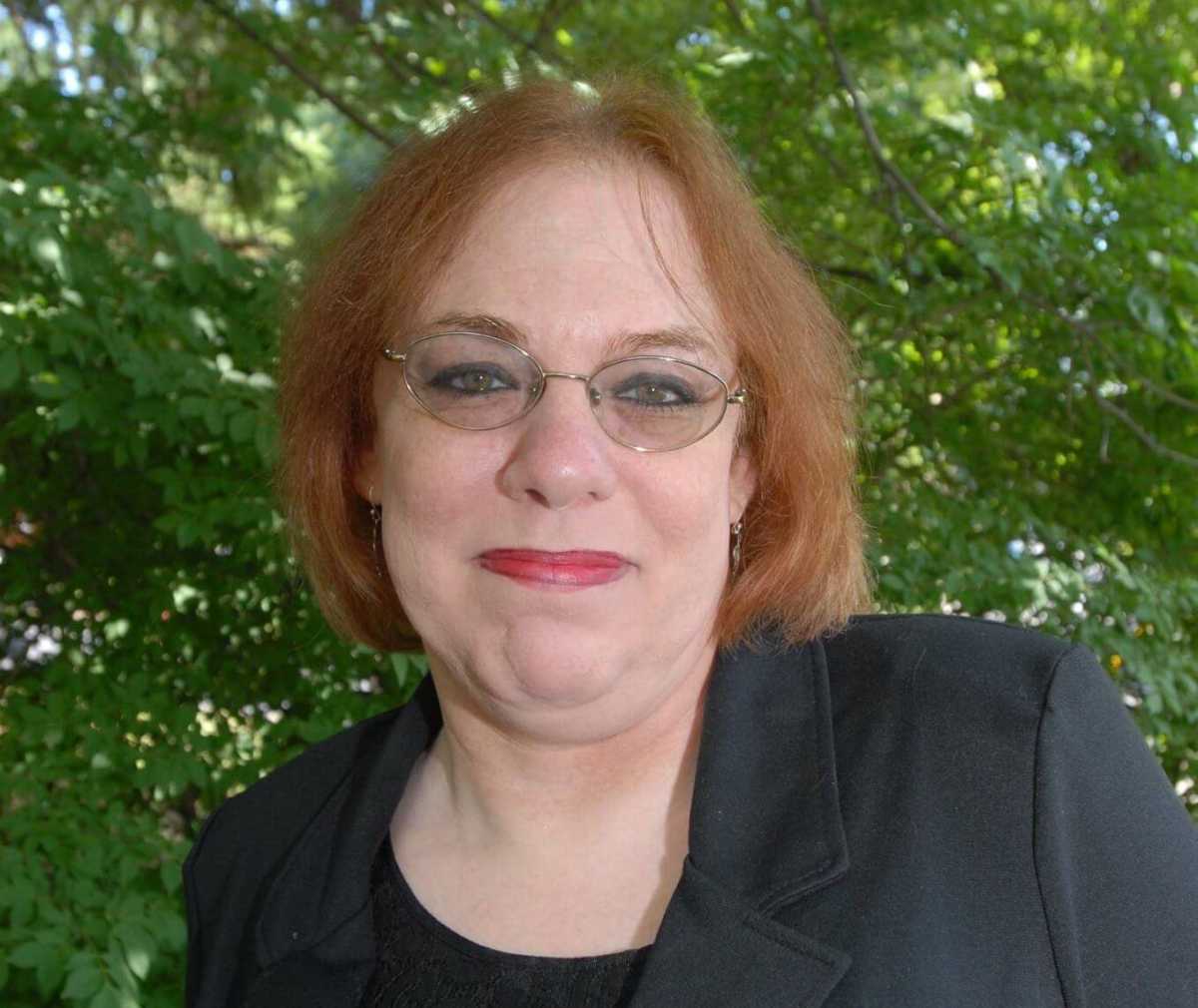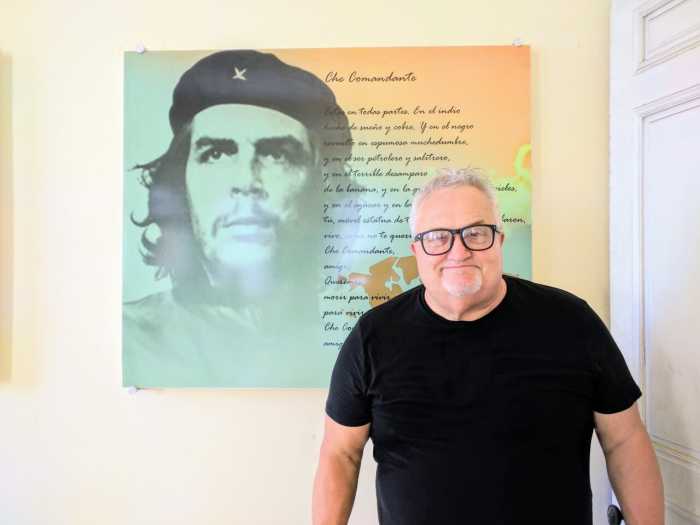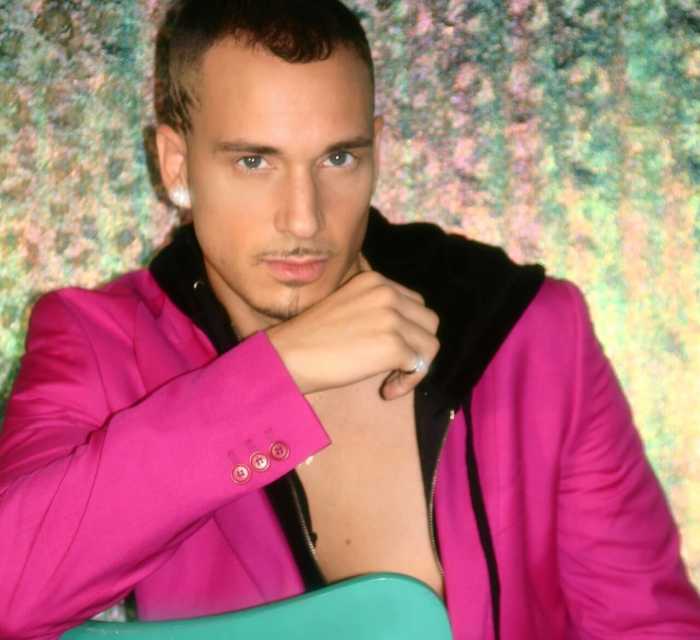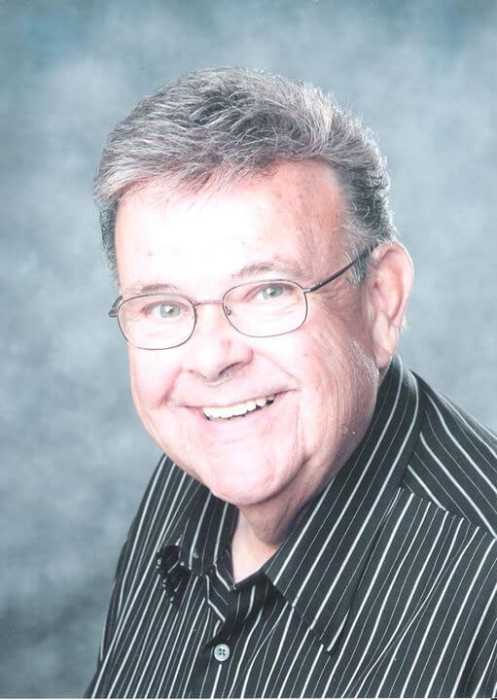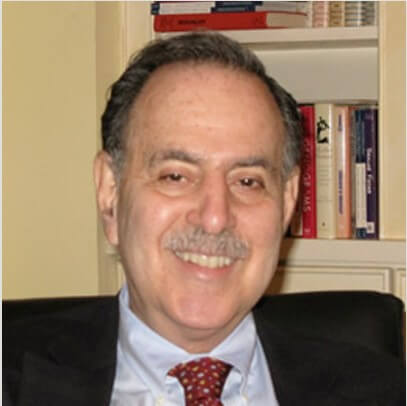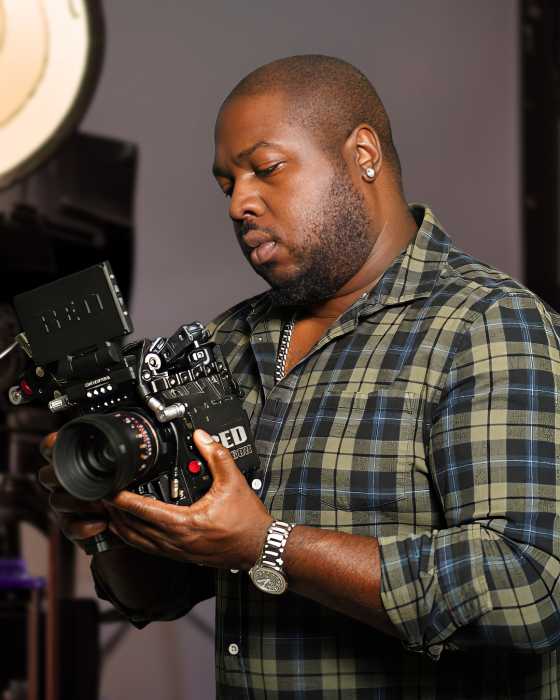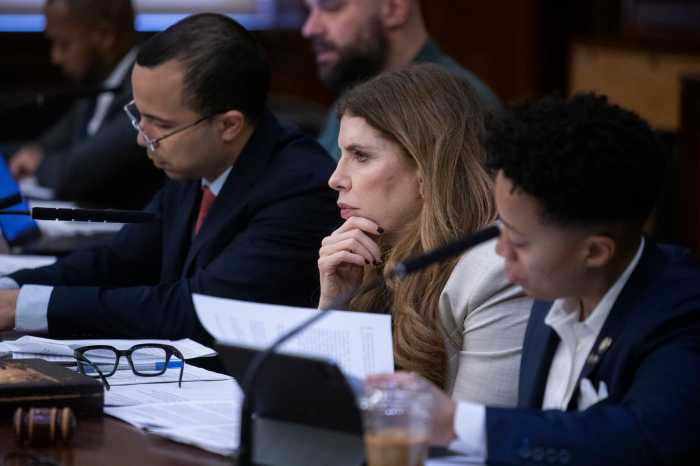LGBTQ media voices and other community leaders reacted with shock and dismay to the news that Rebecca Juro, an uncompromising transgender advocate, print journalist, and internet radio host, died on December 17.
Juro, who was 59, succumbed to lung cancer, following a recurrence of the disease. Born in New York City, she spent her youth living alternately with her mother in New Jersey and her father in Manhattan, and lived in both places as an adult. Since 2016, she lived in Philadelphia.
Juro came out as a trans woman in 1997 at the age of 35, and in the decades since became one of the most recognizable voices in the LGBTQ media. Print outlets where she contributed included Gay City News, The Advocate, MSNBC.com, The Huffington Post, South Florida Gay News, Windy City Times, The Bilerico Project, and LGBTQ Nation.
In 2006, Juro launched “The Rebecca Juro Show,” an internet radio program that was an early example of how the web and later podcasting would allow for the diversification of voices compared to mainstream broadcast outlets.
Reacting to news of Juro’s death, Bil Browning, her editor at Bilerico and LGBTQ Nation, wrote on Facebook, “The world lost a warrior today. I find myself with no words big enough to say about the woman who refused to shut up.”
Browning continued by echoing a phrase Juro used over and over again to characterize her work: “While your voice may not be heard anymore, Rebecca Juro, thanks in part to your inspiration and determination, the T is not silent.”
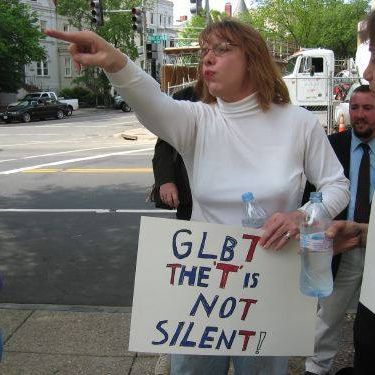
Juro’s death was announced on Facebook by her brother Steve Juro, who wrote, “Sad news… my sister Rebecca Juro passed away last night. She lived a tough, multi-faceted life that took her down a number of different paths. She was a writer, a strong advocate for Trans issues, a companion for my mother, a punk rocker (Joan Jett groupie, see picture), and many other things…. She would always fight for what she believed. She was battling lung cancer, thought she was beating it, but then it took her. We will miss her and she will always be remembered.”
Dawn Ennis, a transgender journalist who was Juro’s peer and friend, wrote simply, “Heartbroken… No words.”
Diego Miguel Sanchez, a trans man who directs advocacy, policy & partnerships at PFLAG and was formerly senior policy advisor to Congressmember Barney Frank, wrote on Facebook, “Becky, rest in power and thank you for being a great sister, leader, friend, and fierce fighter in every way that counts. You’re missed and your legacy lives.”
Cathy Renna, the communications director at the National LGBTQ Task Force, told Gay City News, “She was an excellent journalist and as an out trans journalist she was a pioneer. Rebecca was never afraid or anyone or anything and asked the hard questions to hold us all accountable. I was on the receiving end of her questions several times but if anything respected her more after an interview. She also schooled so many of us about the trans community in an unapologetic way that was not nearly as common as it is today. It’s a loss for our community and LGBTQ media.”
In an article on LGBTQ Nation in January of this year, Juro, noting that this is the first time Democrats controlled the presidency and both houses of Congress since 2010, wrote of the urgency of protecting the rights of trans Americans and turning back the wave of attacks, both physical and political, on their safety and dignity.
“At the age of 58, I’ve reached the time in my life when trans friends and allies I’ve fought with and worked with are beginning to die,” she wrote. “Each time it happens, I’m reminded of the truth that I have less time ahead of me than I do behind me. If it’s all the same to our government leaders, I’d like to be able to enjoy the same civil rights and equal treatment under the law in my country as cisgender Americans do before I die, no matter how many years I have left.”
There is no guarantee, Juro reminded her readers, that Democrats have more than two years prior to the 2022 midterms to bring about change on the federal level.
In a 2016 interview with Dese’Rae L. Stage for livethroughthis.org, Juro recalled the attraction she found in punk music and drugs while a teenager living with her father on Manhattan’s Upper East Side. At 18, she moved out of her father’s apartment and into an SRO where she paid $90 a week rent.
During that period, she said, she did not feel safe uttering the words “‘I’m a girl.’ There was nothing else, no social acceptance, no Internet, none of that stuff.”
She continued, “I felt like the way to deal with it was to fix myself, to masculinize myself.”
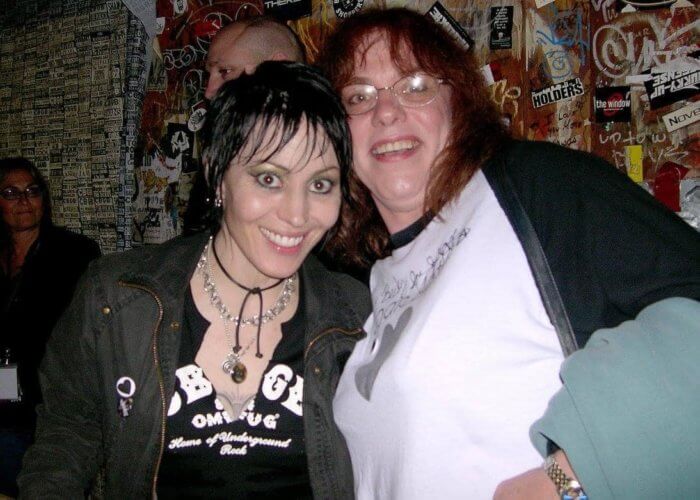
As a young adult, Juro said, “I discovered Joan Jett. Joan Jett was a big deal for me, because I was still dealing with the transgender thing. Although, of course, I didn’t know to call it transgender at that point.”
In late 2014, Juro, writing shortly after the death of Leslie Feinberg, explained in The Advocate how Feinberg’s 1996 book “Transgender Warriors” “saved my life.”
Just months after Feinberg’s book came out, Juro, who “had no idea of how to begin living the life I wanted,” tried to take her life by driving into the side of a bridge. Realizing she didn’t really want to die, Juro saved herself at the last minute and was at a Barnes & Noble hours later, where she came upon “Transgender Warriors.”
Reading that book led to an email correspondence with Feinberg, who encouraged Juro to reach out to the transgender community and also to keep writing. Within months, “Becky’s List,” a regular email blast featuring Juro’s writing on transgender life and politics, was born.
“When I tell people today that reading ‘Transgender Warriors’ saved my life, many seem to believe that I’m speaking metaphorically, but I’m not,” Juro wrote in The Advocate. “Had I not discovered that book when I did, I’m not sure how much longer I could have continued on without hope, without understanding that who and what I am matters and deserves to be honored and respected.”

